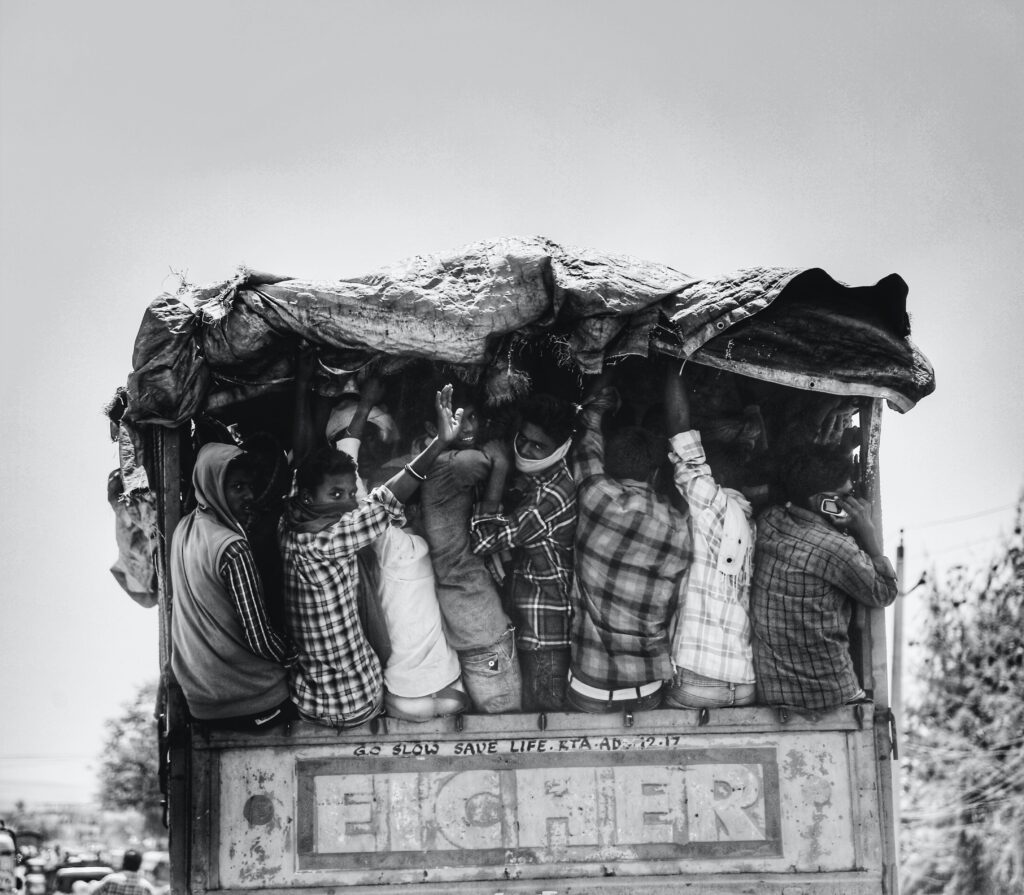Modern Slavery Business risks: Finance and COVID-19
Emerging Business Risks in Modern Slavery
As COVID-19 continues to impact every industry and economy, so does the business risk of modern slavery and criminal economy. Human traffickers operate using profits generated through their crimes and continue to exploit people across the world. With lockdowns still prevalent in many countries, traffickers adapt and find new ways to exploit communities for their own financial gain. In addition, soaring financial online fraud, cybercrime, and scams generate tens of millions of dollars in proceeds; money is taken out of reach from individuals and communities struggling to keep their heads above water.
This quickly changing criminal economy reflects that people are now even more likely to accept any work to keep themselves afloat. Thus, unfortunately, leading many into the trap of deception to a more prosperous life, which only leads to forced labor or sexual exploitation.
The changing forms of human exploitation related to COVID-19 have also placed a significant business risk on companies and their modern slavery strategies to adhere and respond accordingly to criminal activities.
While still challenging to detect, several mitigating measures could be put in place, and a risk-based approach can be applied where activity was known or suspected to occur. The changing nature of the economy means that such risk has shifted, and so new threats may emerge. For example, previous risk profiles may become outdated as exploitation methods turn, so many ways to launder funds and move cash proceeds of criminal activities.

The Challenges in Anti-Money Laundering and Modern Slavery During Covid-19
There are several immediate effects of COVID-19 on the ability of financial institution providers to accurately track their modern slavery and anti-money laundering efforts and safeguarding practices. In many countries, social lockdowns and restriction of movement pose a challenge to carry out routine customer visits, conduct in-person AML checks, and others much more severe and related to the sustainability and profitability of a business in the short, medium, and long term.
The reality of not being able to see business in operation first-hand, the greater chance for illicit activities to not be detected, and for accounts used for money laundering purposes continue to thrive without being scrutinized. Likewise, the barrier to not witnessing and interacting with customers in branches is left undetected by behavioral and suspicious indicators. This poses an ongoing modern slavery business risk that continues to be a challenge.
Industries with Business Risk for Modern Slavery
We are already seeing a significant increase of people and communities falling below the poverty lines worldwide. In addition, many workers who rely on daily wages have suddenly had their incomes come to a halt due to lockdowns, social distancing restrictions, and supply chain distribution.
The industries where workers are most impacted are factories, construction, domestic work, and agriculture. In addition, many of the people impacted are migrant workers who may have traveled across borders to find work and rely heavily on their income to support their families back in their home countries.
Debt begins to build up and result as a critical driver that results in these people being placed in modern slavery situations. Workers start to have no control over their identities, working for little or no pay and increasing their substantial debts, and cannot pay recruitment fees.
When their income stops, they are suddenly significantly more vulnerable to the lure of unregulated financial products, loan sharks, and taking on dangerously high-interest loans to keep afloat.
When people are financially vulnerable, they are much easier targets for exploitation, abuse, and forced labour. This is an area of concern for financial services providers, as they may find their bank accounts being used to process these so-called loan payments. As a result, they may find themselves inadvertently handling illegal or exploitative funding. Financial institutions may also find their commercial clients’ supply chains changing and risk profiles shifting in these uncertain times. For example, where forced-labour risk for a particular client’s factory may have been relatively low before, changing circumstances and increased desperation can lead to previously “safe” customers displaying much higher-risk characteristics.
Overall, modern slavery business risk has never been more prevalent, which is a concern that financial service providers must heed. As the Covid-19 pandemic continues and changes, so will the threat continuing to develop and grow. Financial service providers need to be first-movers to anticipate risk both occurring now and in the uncertain future. This will ensure that they protect their business, protect vulnerable people, and exclude criminals from accessing the financial systems they seek.
Author: Nolan Clack

